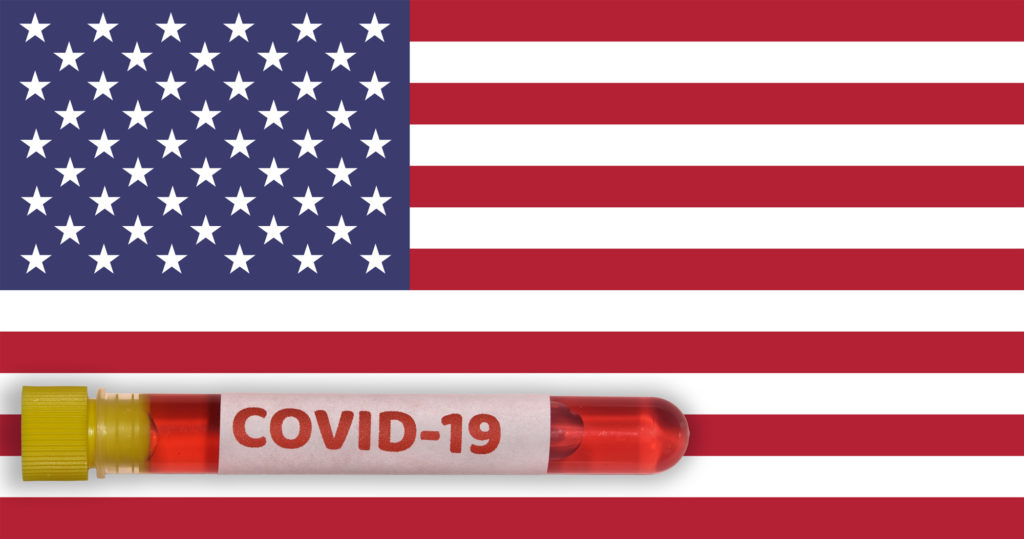COVID-19 Cases in Texas – What You Need to Know
The first reported cases of the new stand of coronavirus came at the end of last year. To date, the disease caused by the virus known as COVID-19 is responsible for the dealth of more than 23,963 at the time of this article. Unfortunately, this number is steadily climbing by the minute. Visit this site to see the most recent statistics.
The rapid spread of the disease led the World Health Organization (WHO) to declare it a global pandemic. But what does that mean?
What is a Pandemic?
When a new viral disease is discovered, we may often hear the terms outbreak, epidemic, and pandemic. Although they all refer to the spread of illness, there are significant differences.
Here is how the Centers for Disease Control and Prevention (CDC) defines each term:
Outbreak: An increase in the number of cases of a disease that is above what’s typically expected in a specific area, such as a city.
Epidemic: The difference between an outbreak and an epidemic is the geographical extension; an epidemic involves a much larger region such as a country.
Pandemic: A pandemic is declared when the epidemic spreads over several countries or continents, affecting a much more significant percentage of the population.
When we hear the word pandemic, panic usually ensues as many of us mistakenly believe this means the illness is now more severe than it used to be. This is not the case; a pandemic only indicates the degree at which a disease has spread.

Coronavirus in Texas
At last count, there were 1,526 known cases of COVID-19 in Texas, with at least 20 deaths linked to the disease. There are likely more unconfirmed cases as we now have confirmation that the illness is spreading from one person to another within the state.
A few weeks ago, Dallas County and Montgomery County officials announced they had identified patients who had no recent history of travel. This discovery indicates that these could be the first cases of community spread.
Should You Panic?
No! While it’s essential to take precautions to prevent the spread of COVID-19, we should all remain calm.
By following the advice of local and federal health officials, we can help halt the rate at which the disease is transmitting.
These are some of the recommendations we should all follow to keep ourselves, families, and community safe.
- Wash your hands with soap and water often, especially before eating, after going to the bathroom, and after blowing your nose, sneezing, or coughing
- Avoid touching your face, especially your eyes, nose, and mouth with unwashed hands
- Disinfect surfaces and objects such as your keyboard and phone frequently
- If you are sick, voluntarily isolate yourself for the incubation period which is roughly two weeks
- Avoid crowded places and contact with people who have recently traveled to areas with known COVID-19 cases. Also, keep your distance from anyone who shows signs of the disease
Doing our part to prevent the spread of the illness is vital, as testing capacity is limited. However, It’s important to know that Texas has several public health labs that can test for the virus.
What Should You Do If You Have Symptoms of COVID-19
If you have any of the symptoms associated with the disease, which include fever, coughing, and shortness of breath here is what you should do:
- Please keep in mind that at Prestige ER we are not
- First, call your doctor and describe your symptoms in detail
- Make sure to tell your doctor you travel history or contact with anyone who has recently traveled to an area with known cases of COVID-19
- If your symptoms are mild, your doctor will probably suggest you stay home and self-isolate
- If your symptoms are severe or worsen, please come to the ER to be evaluated.
- Make sure you call us before arriving at our facility so our staff can prepare an isolated examining room for you.
- Please keep in mind that at Prestige ER, we are not testing for the COVID-19 but are treating medical emergencies 24/7.
At Prestige ER, we are doing everything in our power to keep the public informed and help minimize the impact of COVID-19 in our area.


